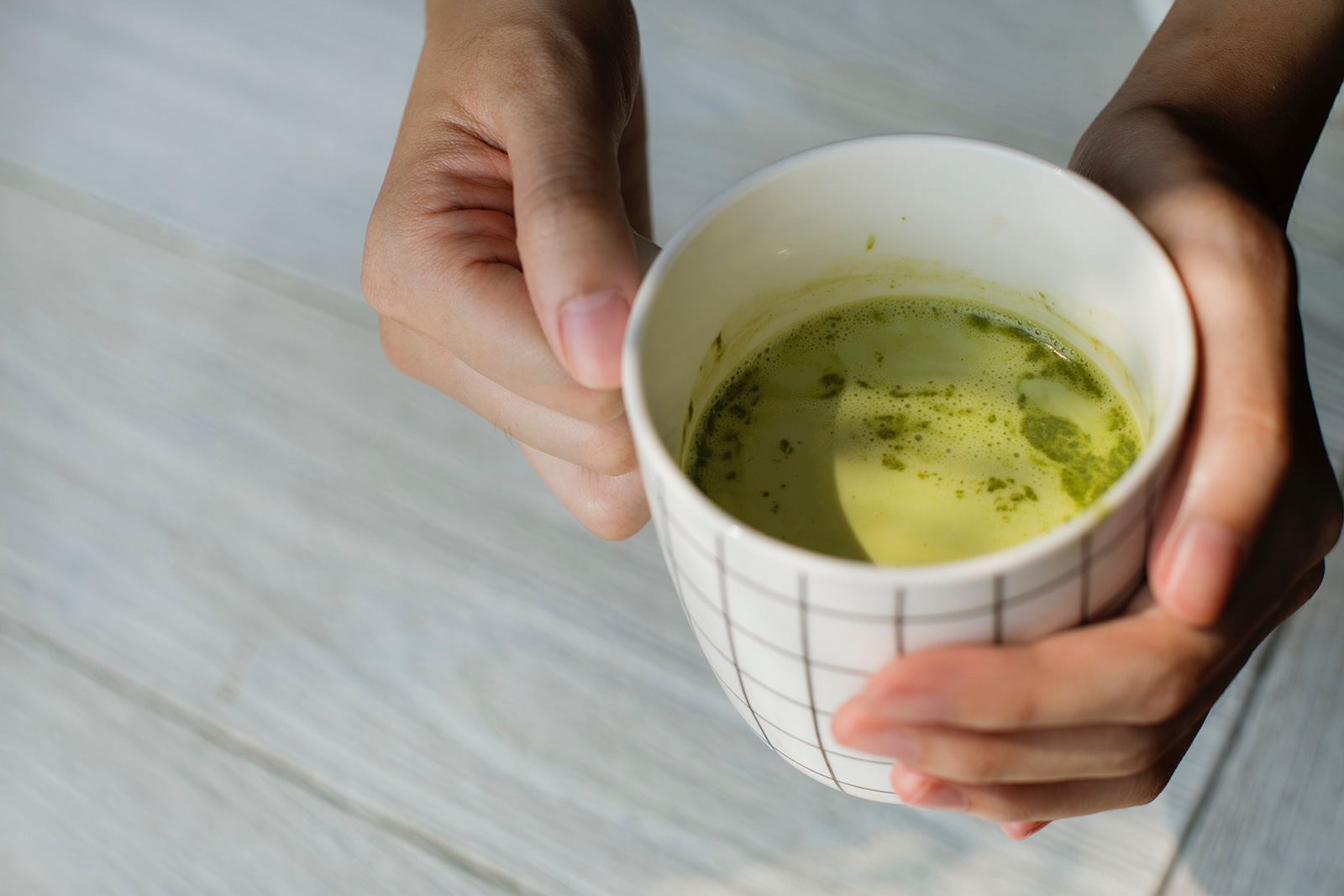Healthy gut = healthy mind?
The gut-brain axis: the two-way communication system between our mind and our digestive system. Poor gut health is associated with mental issues such as depression and anxiety, and poor mental health is associated with gut issues such as constipation and IBS. Indeed, the link between our gut and our brain is so strong that the gut is commonly referred to as the ‘second brain’. Diet is fundamental in maintaining gut health by regulating gut permeability, microbiome balances, and nutrition.
Gut permeability
‘Leaky gut syndrome’ is a condition where the barrier between the gut and the blood stream is compromised. Some degree of gut permeability is essential, however excess levels of permeability can lead to unwanted bacteria, partially digested food particles, and toxins entering the blood stream with profound knock-on effects for our immune system and mental health. High gut permeability has been associated with depression, anxiety, fatigue, and a whole host of other afflictions. The protein collagen and supplementary probiotics (dietary supplements that healthy natural balances of microbes in the gut) heal and strengthens the lining of the cell wall, decreasing severity of ‘leaky guts’ and improving overall mental and physical health.
Microbiome balances
The human microbiome is the complex ecosystem of all microorganisms on and in the human body. The gut microbiome is a significant one- with over 10 times as many bacterial cells as human cells. The microbiome produces many of the same neurotransmitters that our nervous system uses to regulate nearly all aspects of our body, including mood. The microbiome produces serotonin (the main neurotransmitter linked with depression), GABA (which is linked with relaxation and anxiety), norepinephrine (which is associated with stress responses and focus), among many others. These microbe-produced molecules enter our blood stream and act in conjunction with the neurotransmitters our body has produced, influencing mental and physiological processes. Thus, maintaining healthy balances of microbes in our gut is essential, which can be achieved via a healthy diet and supplementary probiotics.
Nutrition
We are what we eat: all of our energy, fat, protein, blood, etc. is derived from precursors that we absorb from food and drink in our digestive tract. Neurotransmitters and other mood-influencing molecules are no exception- they are also derived from molecular precursors from our diet. For example, serotonin is derived from the amino tryptophan, which the human body is unable to produce. We get tryptophan from our diet, which our bodies then use to synthesize serotonin. Therefore it is reasonable to conclude that diet has links with depression and other serotonin-associated disorders. Furthermore, curcumin (found in turmeric) has anti-anxiety and ant-depressive properties, and black pepper aids in the absorption of curcumin. A balanced diet doesn’t just influence our physical health and weight, it is also key to maintaining mental wellbeing.
Summary
Gut health and mental health are inseparable, and ensuring a healthy gut is of critical importance to maintaining a healthy mind. In addition to having a healthy diet, supplementary bone broth and probiotics contribute to keeping a healthy level of gut permeability, natural microbiome balances, and nutritional intakes due to bone broth’s collagen and nutritional content (e.g. turmeric) and to probiotics’ positive influence on microbiome diversity.


Comments